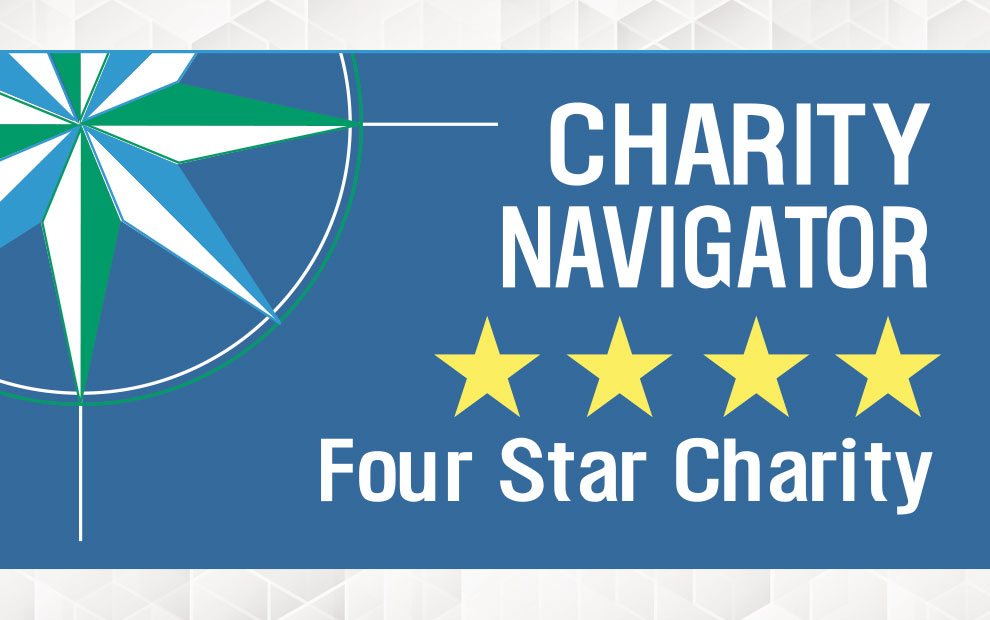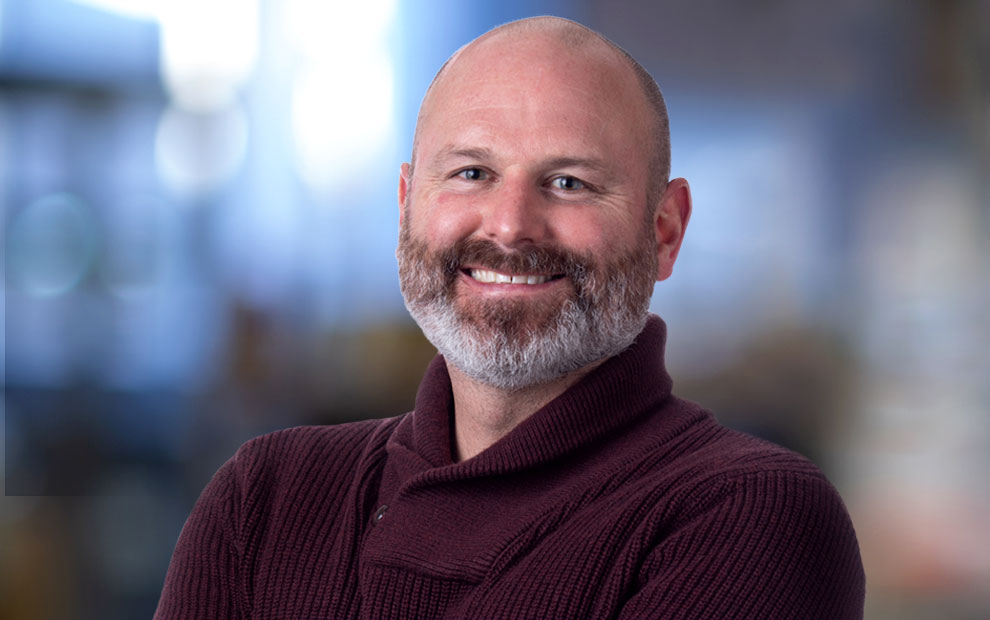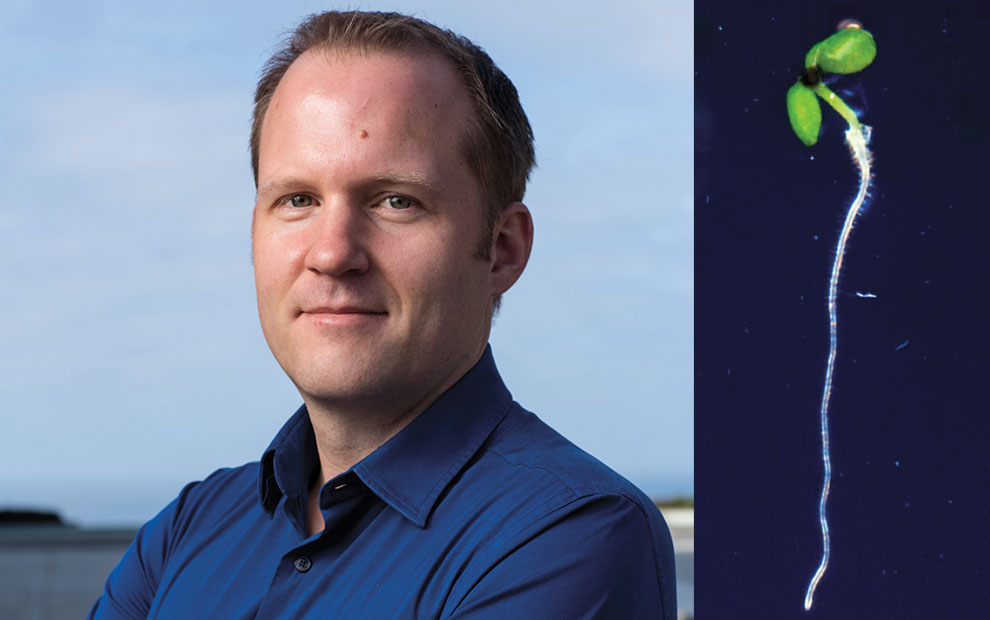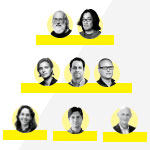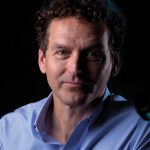For the ninth consecutive time, the Salk Institute has earned the highest ranking—4 out of 4 stars—from Charity Navigator, America’s largest independent charity and nonprofit evaluator. Only three percent of the roughly 10,000 nonprofits evaluated have achieved this recognition nine consecutive times. The coveted ranking indicates the Salk Institute outperforms most other charities in America in regard to executing best fiscal practices and carrying out its mission in a financially responsible way.
“We are grateful for the faithful generosity of our donors and this recognition as we continue to pursue answers to challenging questions in cancer, neuroscience, genetics, immunology, aging, plant biology and more,” says Salk Institute President Rusty Gage. “We simply could not make the life-changing discoveries Salk is known for without our supporters.”
Charity Navigator’s data-driven analysis of the 1.5 million American charities has been covered by Forbes, Business Week and others for providing donors with a way to recognize nonprofits that provide greater accountability, transparency and concrete results.
“Our donors supported Salk science in record fashion the past fiscal year, and I believe one of the significant reasons for that is the confidence they have in the Institute’s stewardship,” says Rebecca Newman, Salk’s vice president of External Relations. “We are honored to be included in such elite company.”
The Institute continues to make bold progress in pursuing ambitious solutions to the difficult challenges facing humanity, including climate change, aging and cancer.
“I wish to congratulate the Salk Institute for Biological Studies on attaining the coveted 4-star rating nine consecutive times, demonstrating strong financial health and commitment to accountability and transparency,” says Michael Thatcher, president and CEO of Charity Navigator.
Since 2002, Charity Navigator has used objective analysis to award only the most fiscally responsible organizations a 4-star rating: only a quarter of charities rated receive this distinction. In 2011, Charity Navigator added 17 metrics, focused on governance and ethical practices as well as measures of openness, to its ratings methodology. These accountability and transparency metrics, which account for 50 percent of a charity’s overall rating, reveal which charities operate in accordance with industry best practices and whether they are open with their donors and stakeholders.

















































